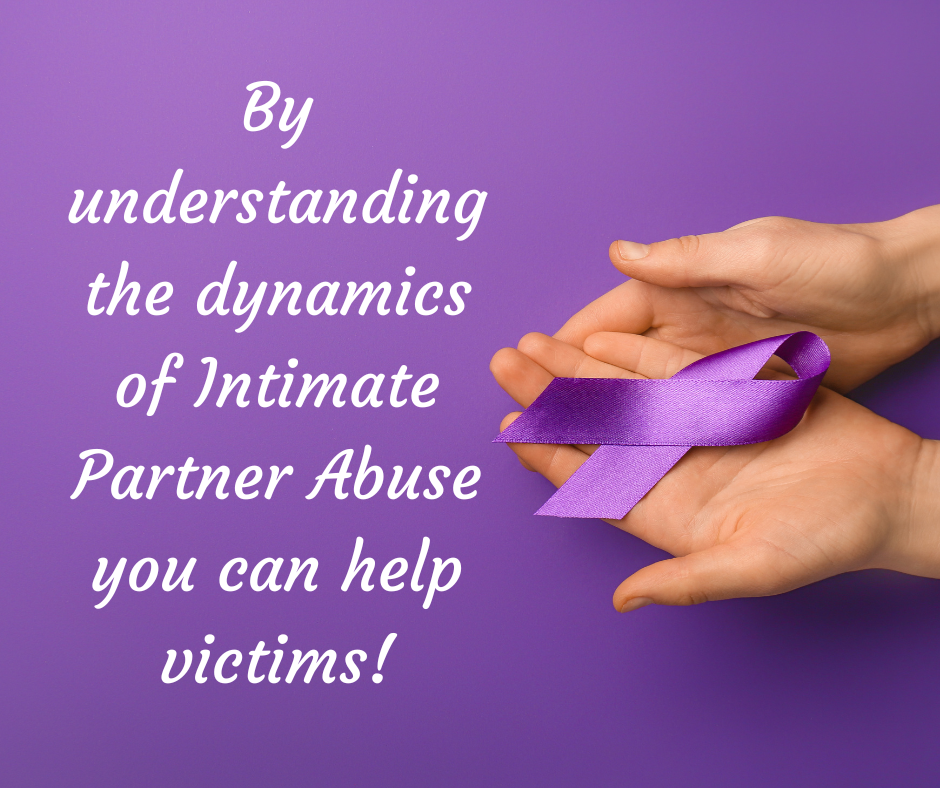Ditch the Narcissist: Why labeling abusers as narcissists may be hurting victims
Over the past few years Narcissistic Personality Disorder (NPD) (sometimes Malignant Narcissist) has begun to be used as synonymous with an intimate partner abuser. “Narcissistic abuse” has become ubiquitous in articles, memes, trainings, and comments. I believe that this is highly inaccurate and more concerning, potentially dangerous for victims.
Narcissistic personality disorder involves a pattern of self-centered, arrogant thinking and behavior (grandiosity), a lack of empathy and consideration for other people, and an excessive need for admiration. A core component of all personality disorders is that they are long standing, static, and consistent. So, someone with NPD thinks and behaves this way in every area of life and in all relationships. Notably, the description “Malignant Narcissist” is not an identified disorder. This term popped up in public discourse and the definitions often given are some combination of NPD, psychopathy, and specific criminal or abusive behaviors.
Why do I suggest that we stop labeling partner abuse as narcissistic abuse?
First, intimate partner violence (IPV) abusers are generally not abusive to everyone or when witnesses are present. Their abusive and controlling behavior usually happens in private and to outside observers they often seem like a loving and supportive partner. Conversely, NDP individuals exhibit this behavior with most everyone in their life. IPV abusers target their abusive and controlling behavior towards their partner (and often children and pets). Accordingly normal experiences and interactions with an individual may not reveal whether they are abusive to their partner and family.
Second, labeling abusers with narcissistic personality disorder suggests that the individual cannot control their behavior. Correctly identifying IPV dynamics holds the abuser accountable. We must recognize abusive behavior as a choice and not as symptoms of a personality disorder. We need to stop explaining away an abuser’s behavior and acknowledge it as a choice.
Third, not all narcissistic individuals are abusive and not all abusers are narcissistic. Furthermore, while narcissism may be found in abusers, it is only one aspect of the personality of many abusers and not a very informative one. Identifying narcissistic traits in their abusive partner does not inform the victim or the public on how to increase safety.
Instead of the label of Narcissism what should you focus on?
So, what do we know is nearly universally true of all intimate partner violence (IPV) abusers? IPV abusers want power and control over their partners and will take (often predictable) steps to gain and maintain that control. This control may initially manifest as frequent contact, jealousy, and intense affection (love bombing). As the relationship progresses, the controlling behavior often intensifies or is felt more strongly by the victim. The abuser may increase monitoring of the victim, efforts to isolate the victim from others, control of the victim’s movements and finances, and accusations of disloyalty/infidelity. In order to maintain full emotional control over the victim, abusers will often vacillate between verbal abuse/cruelty, love bombing, and challenging the victim’s sense of reality (gas lighting). If the abuser perceives a loss of power and control over the victim, they will escalate their controlling behaviors even to the point of violence, even murder. The abuser might feel a loss of control if the victim does not obey the abuser, makes new friends, speaks with family, ends the relationship, or even does nothing at all. By understanding that abusers are motivated by a desire for power and control we can better understand the abuse and create greater safety for victims. We know that when the victim leaves the relationship they are in the greatest danger. Any actions perceived as loss of control by the abuser puts the victim in danger. We need to create a safety plan with that information in mind.

The following table can help you further distinguish differences between NPD and an IPV abuser.

For more information on IPV and ways to help victims go to https://www.lotus-counseling.com/information/.c/intimate-partner-violence